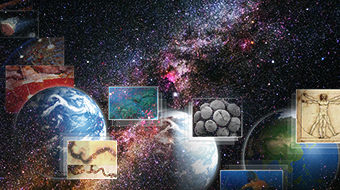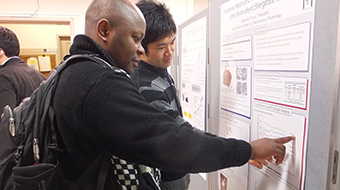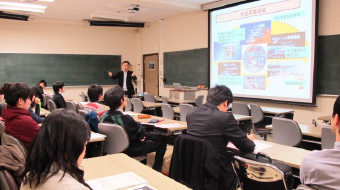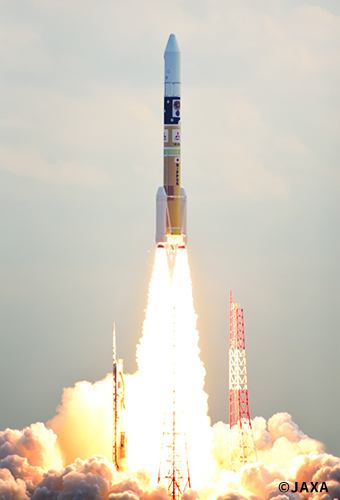Education
Earth and Planetary Sciences
Graduate Major5 Features
From "the Earth" to
"Earths" — Venturing into Unknown Worlds
-
1
Fully Understand "the Earth" and
Expand
to "Earths" throughout
the Universe
Since 1995, approximately 2,000 planets have been discovered outside our solar system. We expect life on the various planets beyond our solar system to have great diversity. Currently, the greatest mission of Earth and Planetary Sciences is to thoroughly understand our planet Earth, and to expand this understanding to the many "Earths" that exist in the universe. The Department of Earth and Planetary Sciences at Tokyo Tech has been selected for the 21st Century Center of Excellence (COE) Program, Global COE Program, and World Premier International Research Center Initiative, one after the other, and it is at the forefront of earth and planetary sciences research in Japan.
-
2
Education and Research without
Boundaries between Laboratories
The faculty at Tokyo Tech's Department of Earth and Planetary Sciences annually give open presentations of their research and education activities. Participants use this opportunity to mutually understand and critique activities in fields beyond their own. Graduate students working on their master's and doctoral research regularly interact with students from other laboratories and years. In addition, it is possible to participate in an inter-university student exchange program (STEP10) where they can listen to lectures provided by the major graduate schools of science in Japan. We believe that environments and activities like these foster new and unique research.
-
3
Student's
Research and Departmental Activities
Graduate students have their own desks in the student room. They conduct numerical simulations, make observations, analyze data, experiment, and conduct field surveys according to their individual research themes, as well as attend seminars and classes. In addition to students in the Doctoral Program, many students in the Master's Program give presentations of their research findings at academic conferences throughout Japan and overseas.
There is a Graduate Student Committee organized by graduate students. Acting on the student' own initiative, the committee proactively makes proposals related to graduate school education in addition to encouraging mutual interaction among students, and maintaining and improving the learning environment. -
4
"Earth and Planetary Sciences
Seminar"
and "Earth and Planetary
Sciences Career Seminars" Beyond the University
Focusing and working vigorously on your research is important. However, to prevent our students from becoming narrow-minded and/or isolated, we have various measures in place. One of these is the Earth and Planetary Sciences Seminar. This seminar invites lecturers from universities and research institutes throughout Japan whose talks and research the graduate students are interested in. It is organized by the Graduate Student Committee.
There is also the Earth and Planetary Sciences Career Seminar, where graduates of Earth and Planetary Sciences who are now active in companies, etc., are invited to speak. This seminar provides an opportunity for our current students to think about their future from a wide perspective. -
5
Collaborating Research
Centers and Research Institutes
You are free to attend seminars given (in English) by the Tokyo Tech Earth Life-Science Institute (ELSI). In addition, Earth and Planetary Sciences students can conduct their research at ELSI and receive guidance from internationally acclaimed researchers. Students who are interested in space exploration and development, oceanographic surveys, and volcanic eruptions can receive research guidance through collaborating staff from the Japan Aerospace Exploration Agency (JAXA), Japan Agency for Marine-Earth Science and Technology (JAMSTEC), and the Tokyo Tech Volcanic Fluid Research Center.
